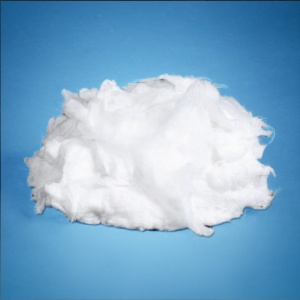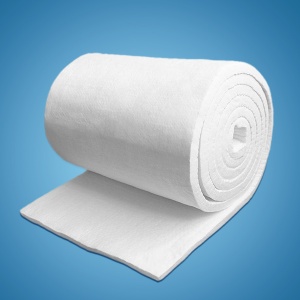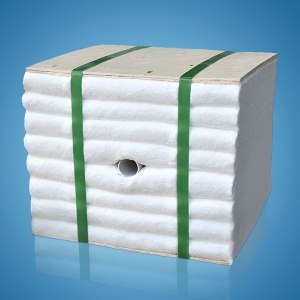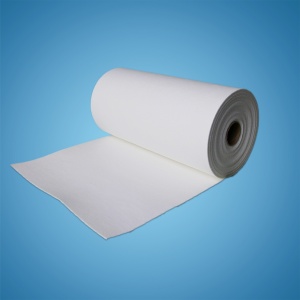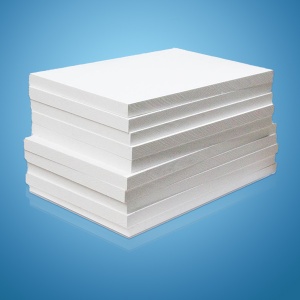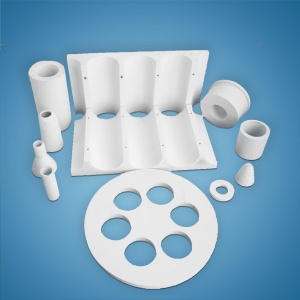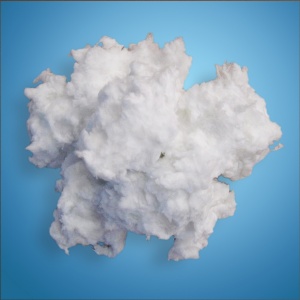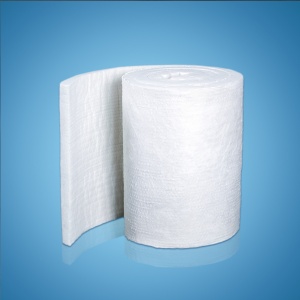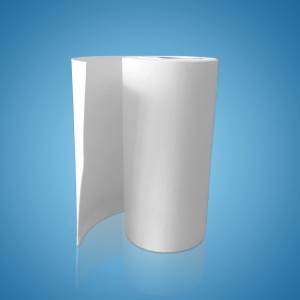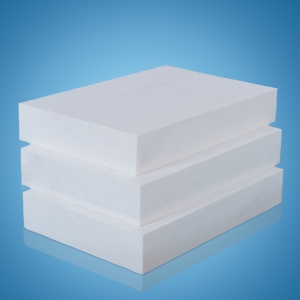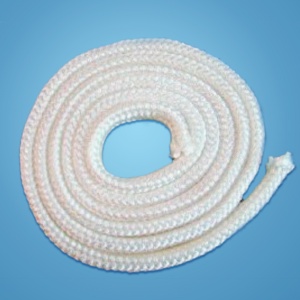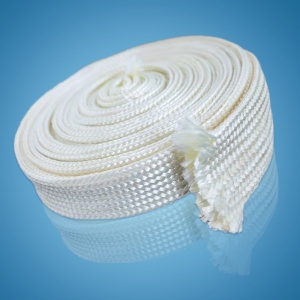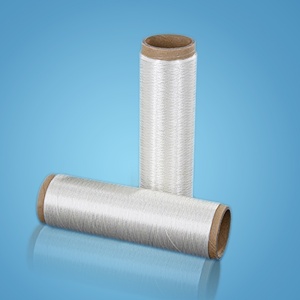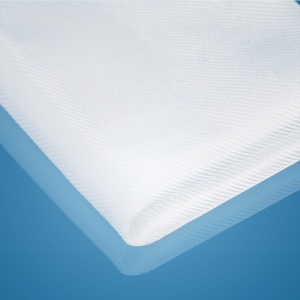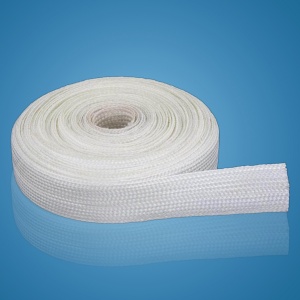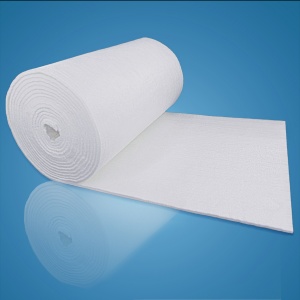Our Products
We offer three series of ceramic fiber products:
1,Aluminum Silicate Ceramic Fiber: Classified temperature ranges from 1260 to 1500 degrees Celsius.
2,Soluble Ceramic Fiber Series: Compliant with EU regulations, ensuring human health safety.
3,1600 Series High-Alumina Continuous Fiber: Designed for high-temperature applications.
RCF Ceramics Fiber
Aluminum silicate ceramic fiber, also known as aluminum silicate fiber module, is produced by calcining and crushing ceramic raw materials such as alumina and silica. The melted material is then spun into ceramic fiber cotton, which is further processed into ceramic fiber blankets, modules, papers, boards, and vacuum-formed products. Due to the characteristics of ceramic materials, ceramic fiber modules possess fire resistance, insulation, sound absorption, and energy-saving properties. They are widely used in industries such as petroleum, ceramics, steel, chemicals, metallurgy, machinery, construction, automotive, shipbuilding, and high-speed rail.
AES Soluble Ceramics Fiber
Soluble ceramic fiber, composed mainly of SiO2, MgO, and CaO, is an alkaline earth silicate fiber. Similar to aluminum silicate fiber, it undergoes calcination, crushing, and melting before being formed into soluble fiber blankets, modules, papers, boards, and vacuum-formed products. Soluble fiber products possess fire resistance, insulation, sound absorption, and energy-saving properties. They find applications in industries such as petroleum, ceramics, steel, chemicals, metallurgy, machinery, construction, automotive, shipbuilding, and high-speed rail. Due to its solubility in body fluids, it minimizes potential health risks, hence the term “soluble fiber.”
Polycrystalline Alumina Continuous Fiber
The Anchor series of alumina continuous fiber consists of polycrystalline fibers with a diameter ranging from 7 to 12 micrometers. It exhibits low thermal conductivity, high-temperature dimensional stability, low dielectric loss, good flexibility, excellent mechanical properties, and can withstand temperatures of up to 1100°C to 1300°C continuously, with a maximum temperature resistance of 1600°C. It meets the stringent requirements of aerospace, petrochemical, and high-temperature industrial applications.
Anchor alumina continuous fiber can be twisted, woven, or braided to produce various flexible products, including twisted yarns, woven ropes, sewing threads, woven fabrics, woven tapes, and braided sleeves. Additionally, special three-dimensional weaving structures can be used to achieve net-size shaping of customized components, meeting the application requirements of critical equipment. These flexible products can be independently used for insulation purposes and can also be combined with resin-based, ceramic-based, or metal-based materials to form rigid composite materials for applications in cables, engine combustion chambers, radar covers, and other components.


